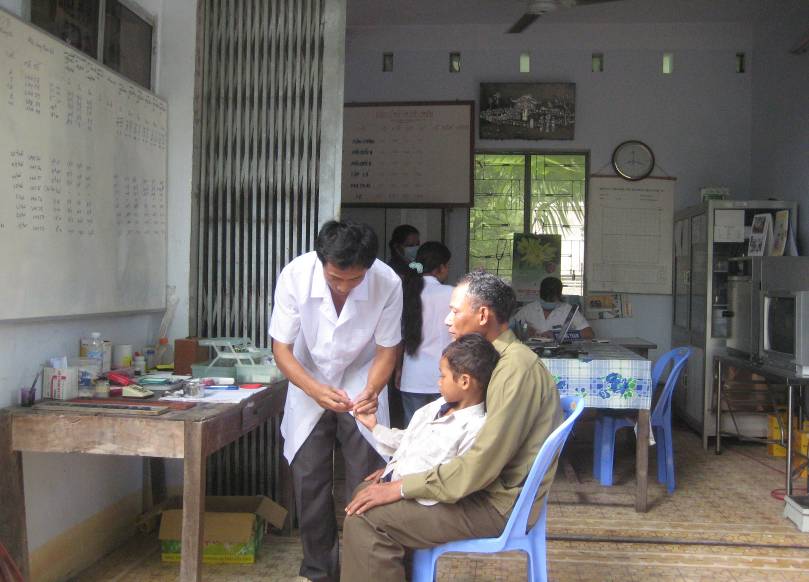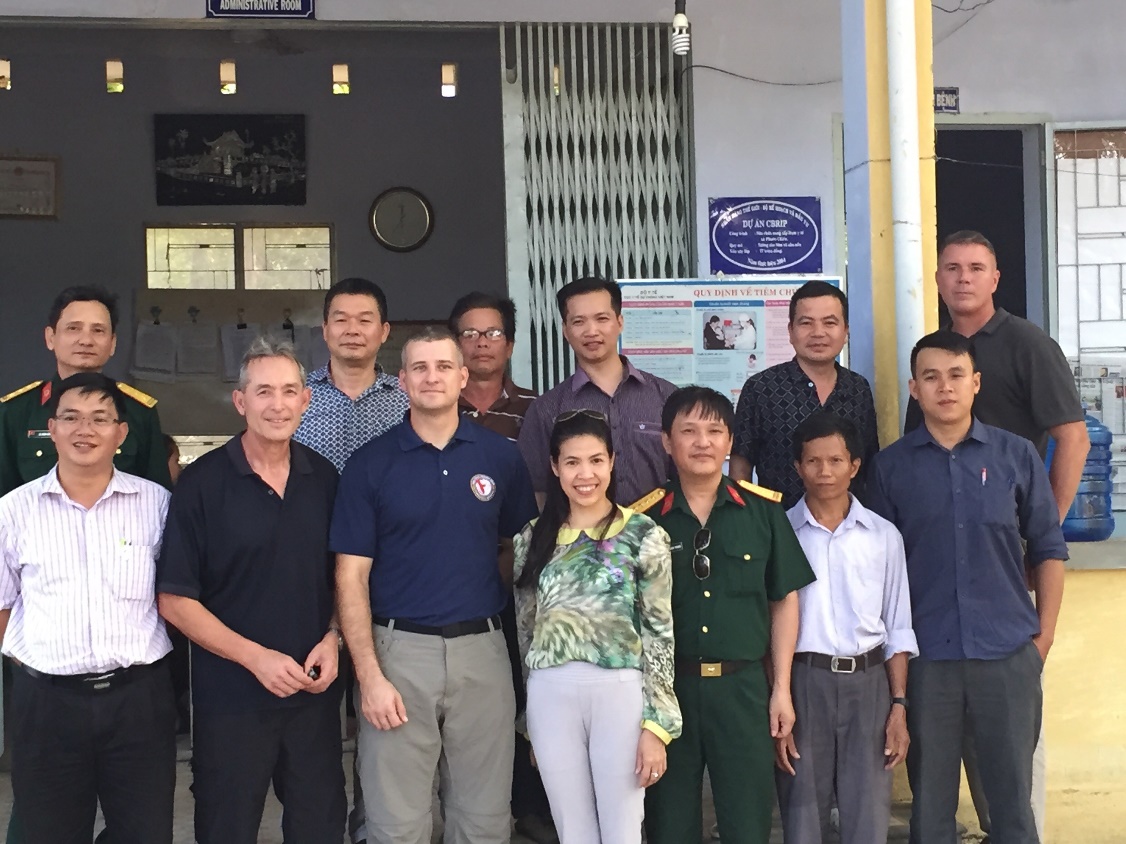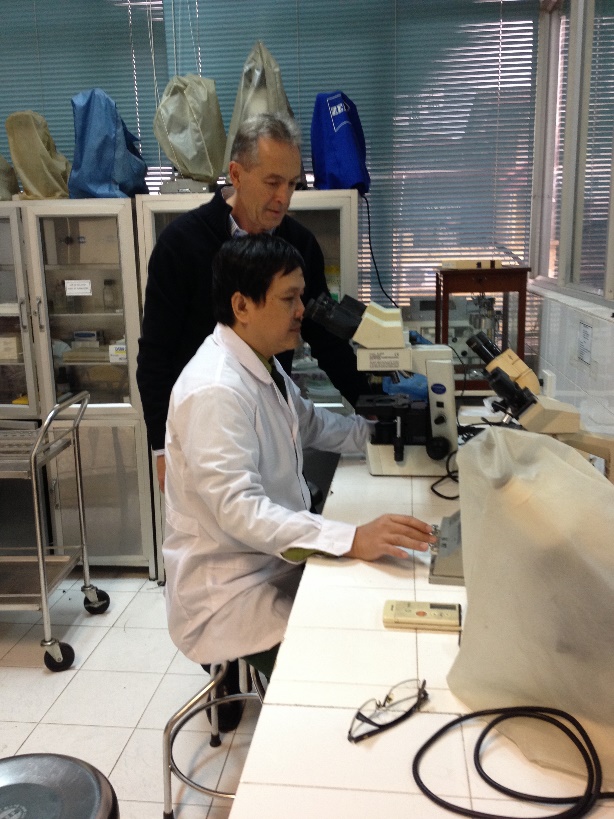Collaboration among the Vietnam People’s Army Military Medical Department, the United States’ Naval Medical Research Center- Asia and the Australian Army Malaria Institute for monitoring of multidrug-resistant malaria in Vietnam.
Malaria is a very serious tropical disease responsible for 214 million cases and 438,000 deaths worldwide in 2015. The current centerpiece of global malaria control is artemisinin-combination therapies (ACTs). However, since 2006, reduced susceptibility to ACTs has emerged and is now present in several Southeast Asian countries including Vietnam in four provinces (Binh Phuoc, Dak Nong, Gia Lai and Quang Nam). To provide updated information on the current geographic distribution of antimalarial drug resistances in Vietnam a tri-military cooperation between the Vietnam People’s Army Military Medicine Department, the US Navy Medical Research Center-Asia and the Australian Army Malaria Institute was established in 2012. Currently, the defence collaboration is conducting clinical studies of antimalarials in Ninh Thuan Province, Vietnam to determine whether drug resistance exists. The defence cooperation is of great importance as the Vietnam People’s Army is responsible for national border security in regions where malaria is endemic and has the responsibility of protecting and treating its military personnel against malaria infections. This collaboration will also enhance the laboratory capacity and human resources of the Vietnam People’s Army to monitor for antimalarial drug resistance. The information obtained will be shared with the Vietnam Ministry of Health and other malaria programs to study the flow of drug resistance in Southeast Asia and the need to implement containment programs.

Collection of a blood smear from a child for malaria diagnosis at Phuoc Chien Commune, Ninh Thuan Province.

Investigators from the Military Institute of Preventative Medicine (MIPM), the Unites States Navy Medical Research Centre-Asia (USNMRC-A) and the Australian Army Malaria Institute (AMI) and health center staff at Phuoc Chien Commune

Principal Investigator (MIPM) and Dr Mike Edstein (AMI) reviewing blood smears for malaria diagnosis
